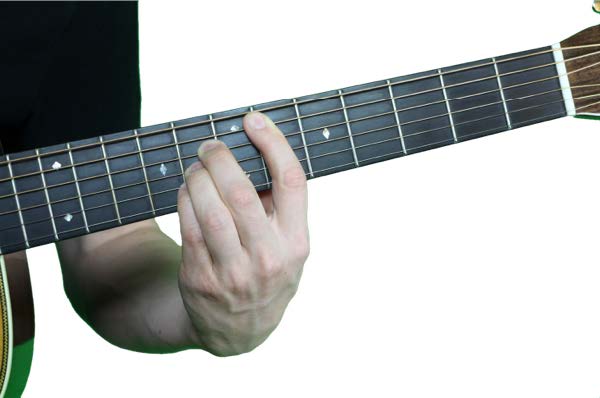If you get my Friday 5 emails, you’ve recently seen a few quotes from Stephen Nachmanovich’s Free Play peppered in here and there. That’s because I think it’s an excellent book and worth reading for any human.
Of particular note, and the subject of this post, are his comments on approaching practice.
The author provides commentary how, in the West, we seem to have split off practice from the real thing. This seems to be true, as we’ve turned practice into something children dread. We put time limits on it – “you must play for 20 minutes” – and prescribe regimens and drills that are to be adhered to in a militaristic manner.
What happens if we approach it a little differently? What if practice isn’t a means to an end, a struggle to be endured for the sake of a good performance at a later date? What if we approached it playfully, with the curiosity of a child?
One thing I’ve frequently advocated for is just exploring the instrument. We forget how to do this as adults, because we are afraid of sounding bad or stupid or of playing a wrong note.
But I remember when I got a viola in 4th grade. I started messing around with it before lessons began at school. Through my tinkering, I “discovered” a few well-known melodies and played them ad nauseam (for my parents, at least). How was my tone quality and intonation? Poor, I’m sure. But I didn’t know. I was a 4th grader with an evolving ear.
As grown-ups, the expectations are higher. We fear mistakes. We fear being judged. New instruments aren’t sources of curiosity or implements of expression, they are precarious tightropes rife with more opportunities for error (and thus, instant death…ok, embarrassment, which might be worse) than many of us can stomach.
Don’t treat practice as a way to achieve skills to use to create art – treat it as art itself. Yes, there are important techniques to learn and skills to master, but they are part of the journey, part of your expression, even as they are developing.
Take delight in what you discover along the way. Take delight in the mishaps that tickle your ear. Create a space conducive to focused, playful creation. Set the tone. Turn off the phone. Enter the space and be open to what happens. Follow your curiosity, keep your fingers light, and say thank you to your mistakes, as those too are helping you in your journey and evolution as a musician.
